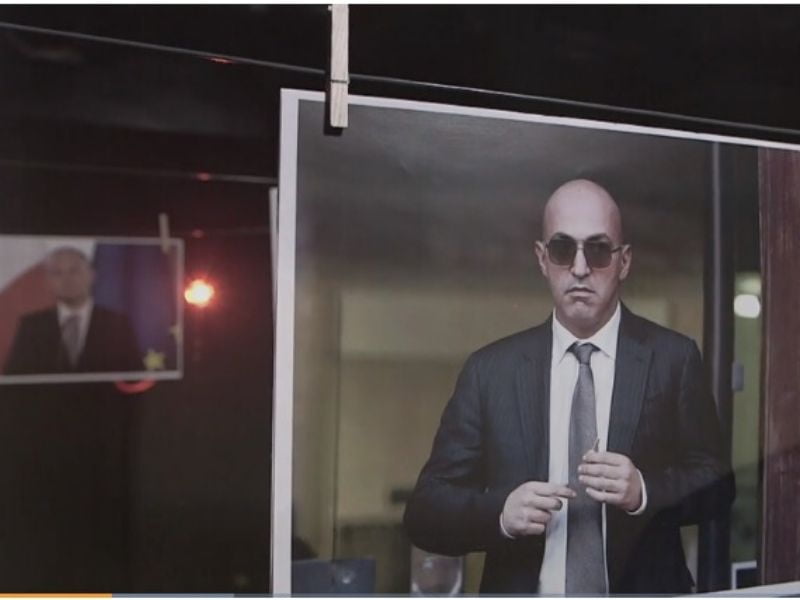The court has denied suspected mastermind of journalist Daphne Caruana Galizia’s murder Yorgen Fenech’s request for bail, saying that at this stage it could present a real risk of tampering with evidence yet to emerge.
Magistrate Rachel Montebello said the inquiry was still ongoing and more witnesses have yet to be brought forward. She stressed that content was still being investigated, including data that had not yet been presented to the court.
There are indications that the murder was not carried out solely by the accused and the police are considering other individuals as persons of interest, the magistrate said saying all these factors had to be taken into consideration.
Testimonies in court have revealed links to top members of government, including former chief of staff Keith Schembri.
The court also noted that the murder was carried out in relation to ongoing investigations by the victim. This tied into the testimony of police inspector Kurt Zahra during Monday’s hearing in the compilation of evidence against Fenech. Zahra told the court that Caruana Galizia was killed for what she was about to reveal on the Electrogas deal, rather than what she had already reported.
At the time of her assassination in October 2017, Caruana Galizia was investigating the deal as a result of a leak of emails she had received on the power station deal involving Fenech’s Tumas Group as well as the Gasan and the Apap Bologna families. The Shift has listed the individuals who continue to benefit from the corrupt deal.
Zahra confirmed the existence of a WhatsApp group between former Prime Minister Joseph Muscat, his chief of staff Schembri, as well as Fenech. He recalled how Fenech had described his relationship with Muscat and Schembri as ‘being like brothers’.
During Monday’s court session, defence lawyer Charles Mercieca who switched from the Attorney General’s team investigating the case to defending the accused overnight spent close to an hour arguing for bail for Fenech.
Fenech asked to be allowed to return home with limited supervision by police. His lawyer argued that the accused has been in preventive custody for almost a year and insisted that the prosecution has no evidence to suggest that Fenech would attempt to flee.
“Yorgen Fenech has no connection with other countries except for a hotel he owns in France,” he added.
“This case was hatched in Castille, but instead the defence chooses to argue it’s Fenech who caused the disorder,” he said, adding that this was “fantasy”.
The court decided on Tuesday that while the family and businesses are in Malta it could not exclude the possibility that the accused would flee.
“It cannot be excluded that the accused tried to flee the country,” the magistrate said.
Zahra testified on Monday that messages extracted from his phone showed the accused asking his relatives to take care of his children.
The police inspector also said the accused was being investigated over an attempt to procure cyanide, a potentially deadly chemical which can cause heart attacks in seconds. It is the first time this information has emerged.
Zahra said Fenech had shown no remorse about the journalist’s murder during interrogation.
The court also rejected the defence’s argument that the lack of reply from the Attorney General meant the office agreed with the request for bail.












